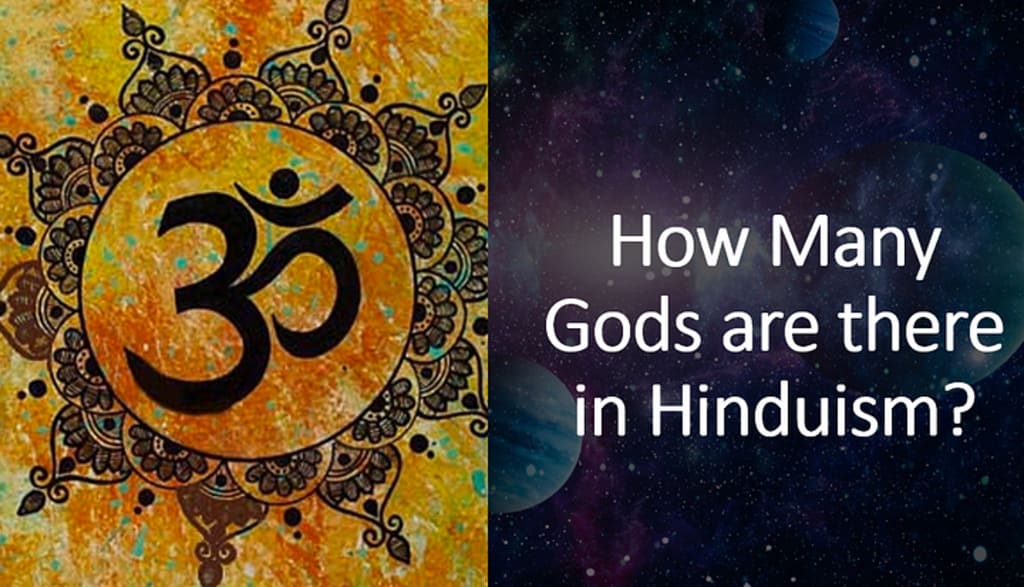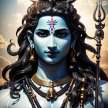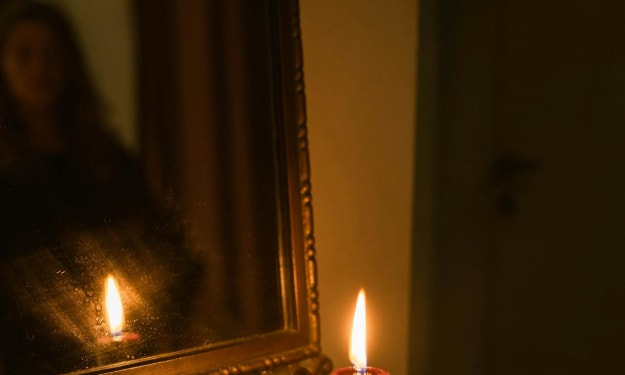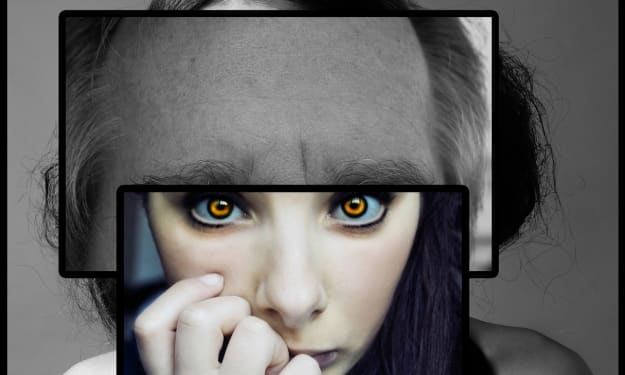
One of the most common misconception people generally have about Hinduism is that they have more than 33 million gods and this extreme level of polytheism makes it totally incompatible with the other relatively newfound monotheistic religions like Christianity, Judaism and Islam. Through this article I would like to put across what has been my take away after going through some the main Vedic texts we have available.
Why Exactly is there so much confusion about the Number of Gods in Hinduism?
The main reason why there is so much confusion about the number of Gods in Hinduism is due to the fact that while the new religions by the book are based upon a single book like Torah of Jews, Bible of Christians and Quran of Muslims. On the other hand, Hinduism is built upon in-numerous vedic texts which were carried over countless generations sometimes orally. This led to several regional adaptations like the Ramayana being recited in the northern parts of India would vary considerably from the Ramayana followed by Tamilians in the South. There would be many differences compared to the Ramayana of Bengalis in the East and Marathis in the West. In many cases you would see some characters which appear in a certain Ramayana but do not exist in others. Due to such vastness in the texts and the subtle differences between them there is a lot of confusion among Hindus themselves about the number of Gods and who is the supreme God of them all.
Some people claim there are over 30 million gods, they of course are counting the gramdevata (local gods specific to a particular village), some consider 30 to 300 while others consider it 3 counting the trinity of Bramha the Creator, Vishnu the Preserver and Shiva the Destroyer. If you ask people who among these can be considered the Supreme God then there again arises a diverse set of opinions as the Shaivites consider Shiva supreme while Vaishnavites consider Vishnu supreme and some groups consider Kali or Durga supreme.
So How Many Gods are exactly there is Hinduism?
After pondering over the vedic texts and trying to figure out what could be the best possible way to resolve certain inconsistencies which appear due to local interpretations I have arrived at the conclusion that there is a single Supreme God in Hinduism who in turn created the holy trinity of Bramha, Vishnu and Shiva to work towards the creation, sustenance and destruction of the universe during each epoch of time. This Supreme God or All mighty being is described as being too complex to be understood by mortal human beings and it’s existence can only be felt and understood by a chosen few who have achieved divine enlightenment through rigorous meditation.
Looking at this definition at a high level it is the same core principle followed by Jews, Christians and Muslims. The Torah followed by Jews mentions that the Supreme God is impossible to be comprehended by mortal humans. Christianity follows Bible which has teachings of Jesus who is considered son of God but not the Supreme God. There are not many details or descriptions provided in Bible about the Supreme God. In Islam as well Mohammed is the prophet or messenger of Supreme God and there are few details provided to decipher the Supreme God.
Islam is not even 1,400 years old, Christianity is just 2,000 years old and Judaism is a bit older than Christianity. They can be considered to be in infancy while compared to Hinduism which nobody has been able to say with any certainty how old it is. The most conservative estimate date the Vedas over 5,000 years old while the majority say it could be much older.
While so much difference of opinion has already cropped up between Protestants and Catholics in Christianity and among Shias and Sunnis in Islam there are no serious conflicts among the different schools in Hinduism.
There are of course the differences in opinion about who is greater between Shiva and Vishnu and that gets highlighted depending on which particular Vedic text is read more commonly in a region. While some texts like Rudra Purana showcase the benefits of praying to Shiva while Bhagwat Purana is more biased towards praying to Vishnu.
What needs to be understood is that all the Gods mentioned in the Vedic texts are always depicted as having been created by the Supreme God which can not be deciphered by humans who have not attained enlightenment. This hierarchy can be depicted by the picture below.
People need to understand that there are countless divine beings, demi-gods, holy incarnations and superhuman entities described in the Vedas but they are not the Supreme God who is the creator and controller of all these divine entities.
If this article gave you any degree of clarity regarding the confusions you had about the number of Gods in Hinduism I consider my task for the day successful.
Om Namah Shivay!
About the Creator
Sam BTC
My Post will be focused around Spirituality, Mythology and Blockchain proejcts which are the topics that interest me the most.






Comments
There are no comments for this story
Be the first to respond and start the conversation.